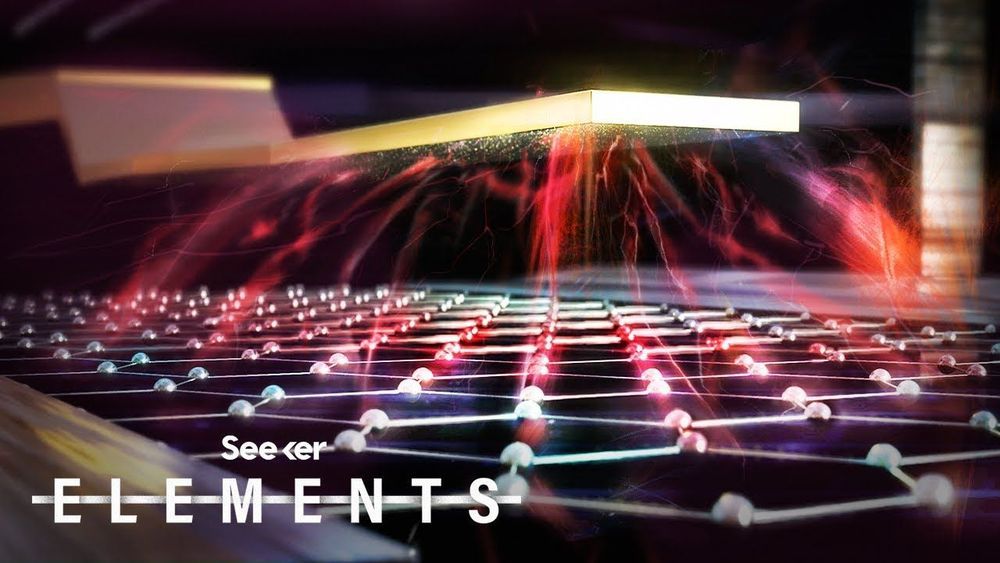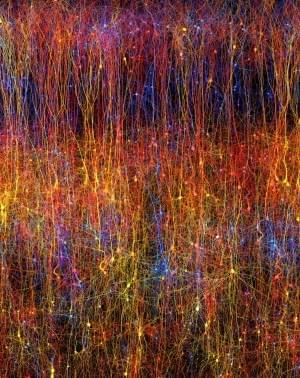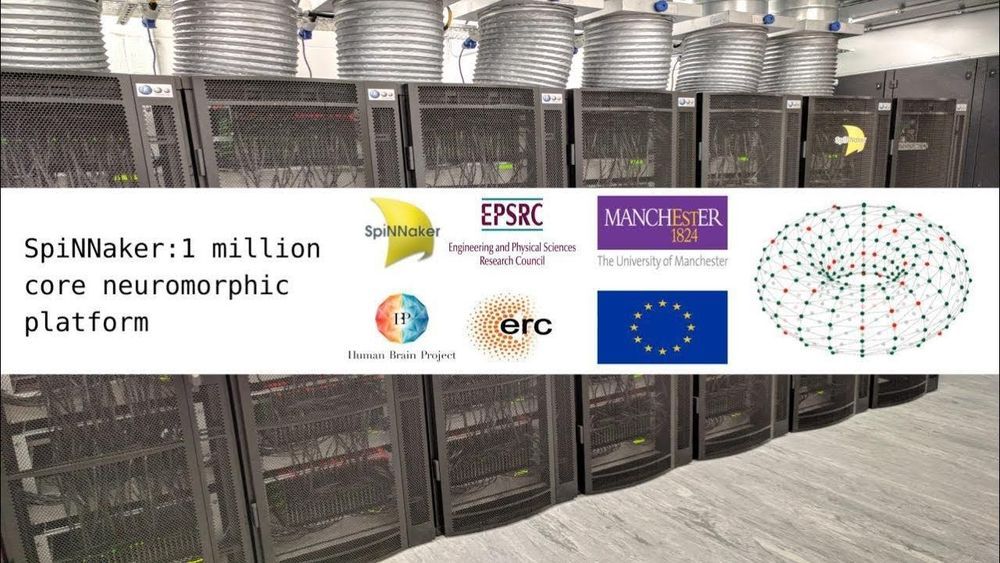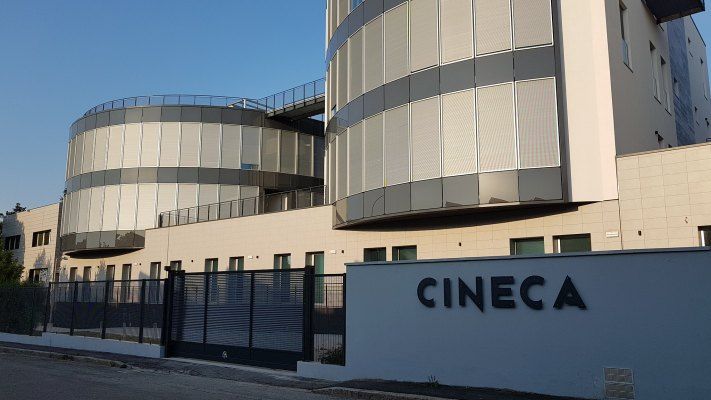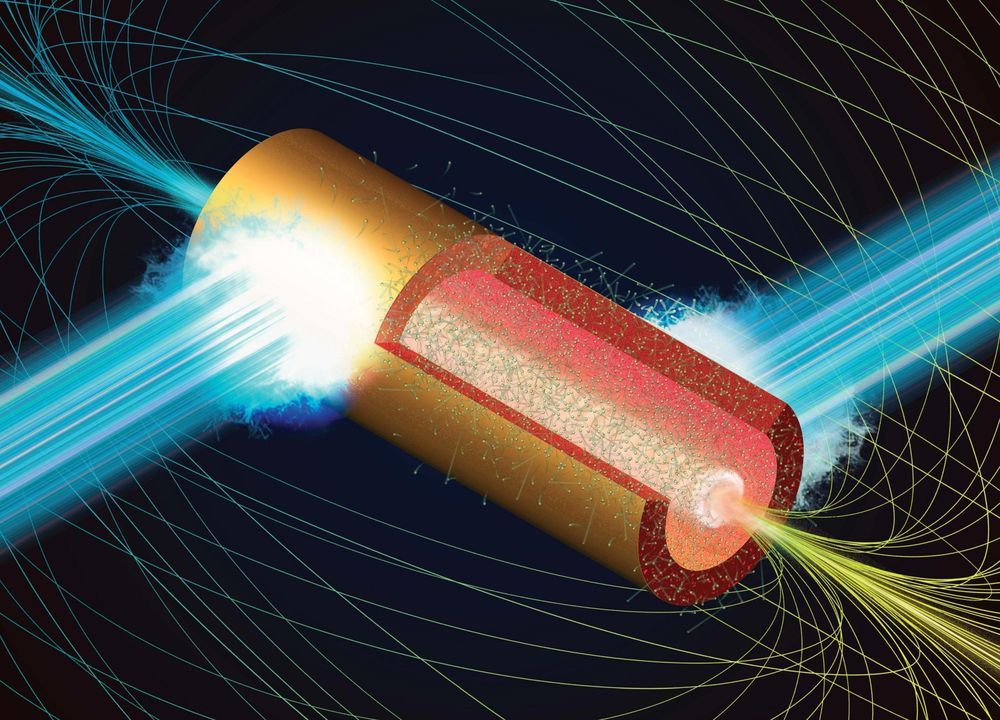Oct 30, 2020
How Graphene Could Help Us Build Bigger and Better Quantum Computers
Posted by Jose Ruben Rodriguez Fuentes in categories: quantum physics, supercomputing
Quantum computers can solve problems in seconds that would take “ordinary” computers millennia, but their sensitivity to interference is majorly holding them back. Now, researchers claim they’ve created a component that drastically cuts down on error-inducing noise.
» Subscribe to Seeker! http://bit.ly/subscribeseeker
» Watch more Elements! http://bit.ly/ElementsPlaylist
» Visit our shop at http://shop.seeker.com
Quantum computers use quantum bits, or qubits, which can represent a one, a zero, or any combination of the two simultaneously. This is thanks to the quantum phenomenon known as superposition.
Continue reading “How Graphene Could Help Us Build Bigger and Better Quantum Computers” »
